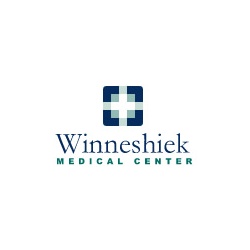
Analysis: Will national health care trends impact the financial health of Winneshiek Medical Center?
Winneshiek Medical Center has just reported good financial performance halfway through the hospital's 2013-2014 fiscal year.
Hospital officials say they're pleased with their ability to meet projections. But they also told WMC trustees that ten national trends in health care could impact the Decorah hospital.
Medicare, Medicaid and private insurance reimbursements continue to decrease, putting financial pressure on all hospitals. This comes at a time when the public is doing increased price shopping, but for health insurance and for medical services. Part of that trend comes from the growth in use of high-deductible health insurance plans. Since the people who hold these insurance plans must pay more of their health care costs, there's more interest in what services cost.
At the same time, there's greater transparency about how hospitals perform when judged on quality measurements. That also pressures hospitals to invest in the newest technology--which comes at a cost, of course.
Hospitals are turning to a number of procedures to cope with this new environment. Cost control measures such as just-in-time inventories can be effective--but come with a learning curve. Getting patients to engage more fully in their own health care also helps, but presents its own problems.
The future for hospitals during a time when the Affordable Care Act and the health insurance exchanges it has spawned can be summarized: "How do hospitals grow financially at a time when their revenue sources are more uncertain and yet the demand for quality health care is stronger than ever?"
Site designed and maintained by Iroc Web Design Services©.
Your Small Business Web Design Solutions.™


